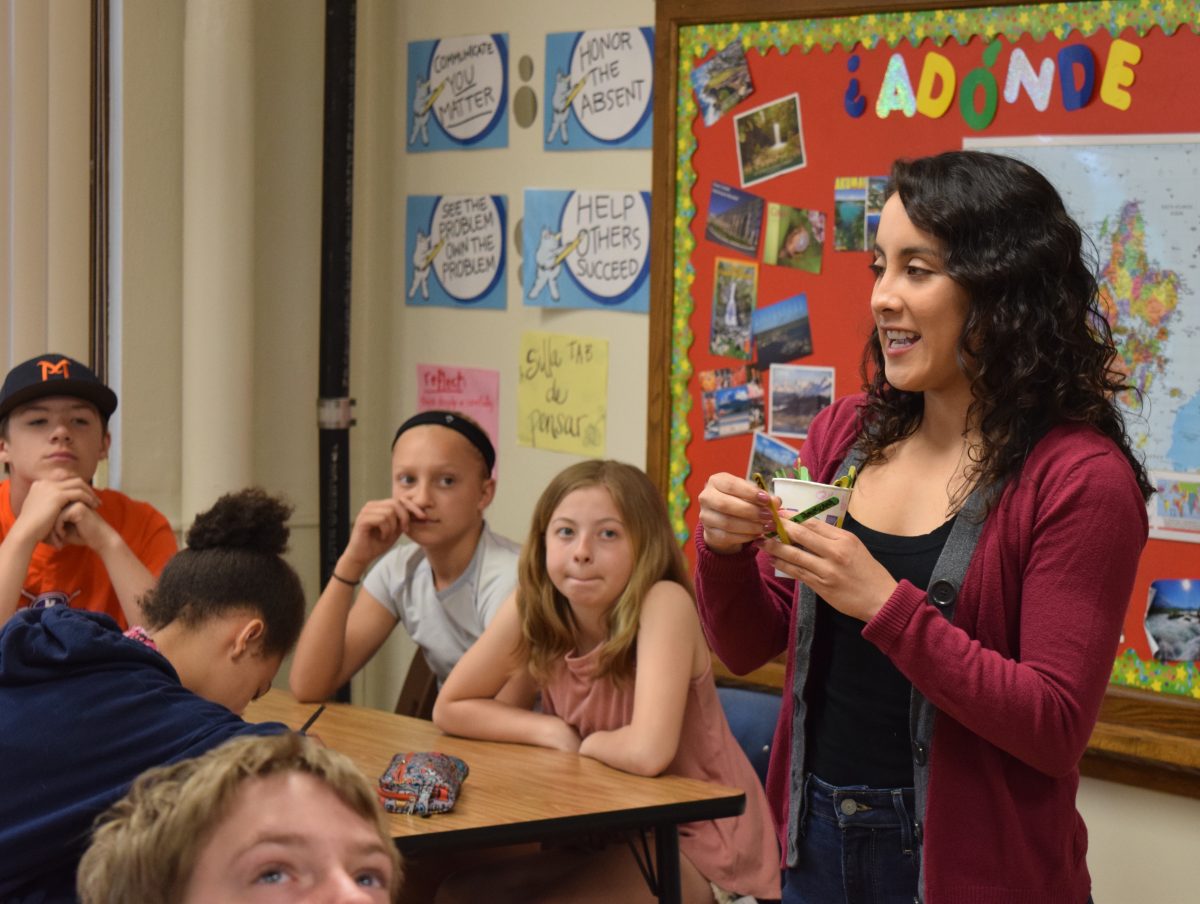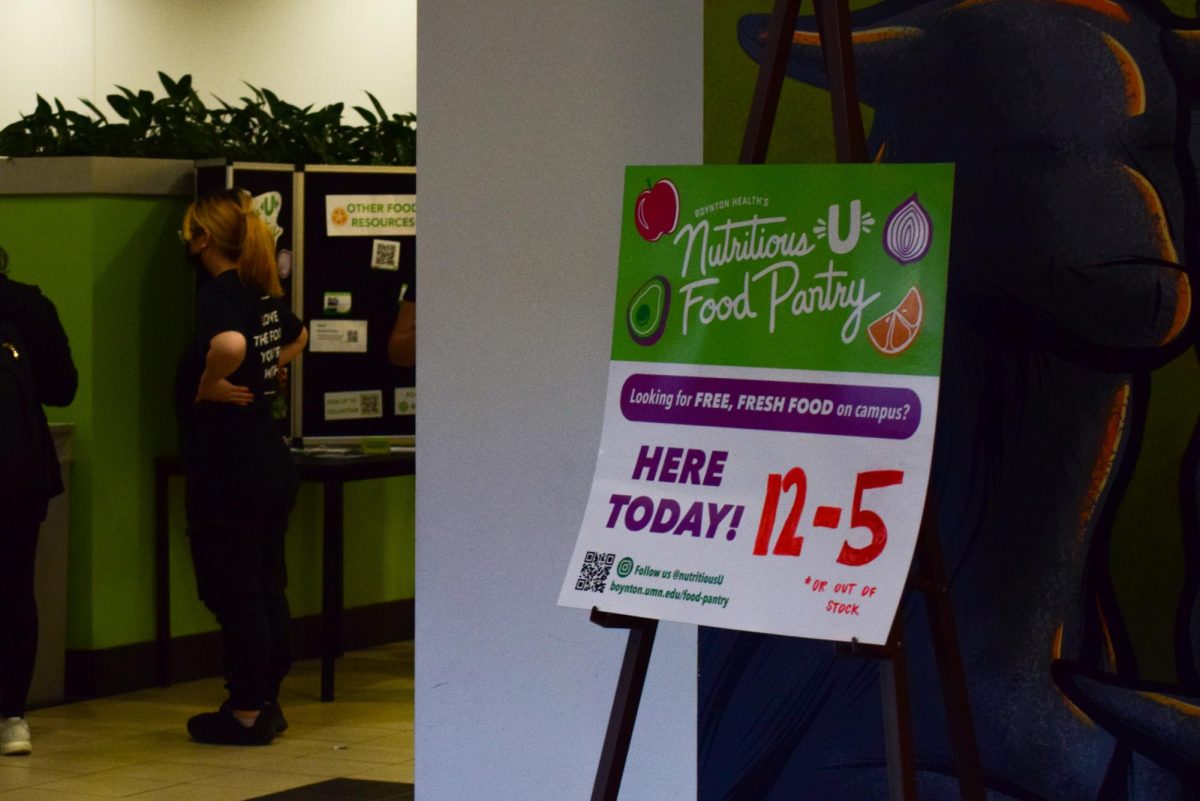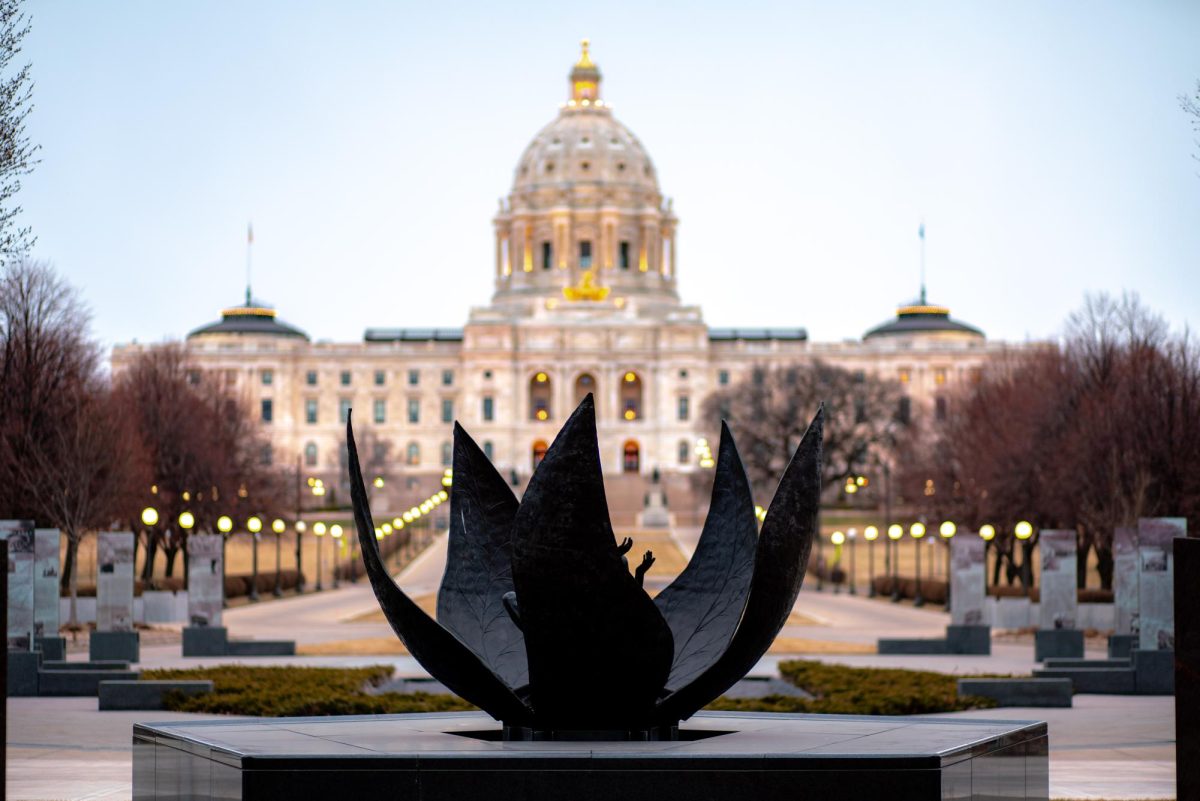Efforts to prioritize University of Minnesota issues are underway as City of Minneapolis and University officials pressure the capitol to pass greater renter’s protections, increase University funding and eliminate barriers to student unionization.
Legislative priorities regarding the University and its students from city lobbyists, state legislators and the University’s Undergraduate Student Government (USG) are progressing further into the new legislative session.
Renter’s protection
Representative Mohamud Noor (DFL-Minneapolis) said state legislators are working on a statewide expansion of the citywide ordinance passed in December protecting renters who sign pre-leases in response to the move-in delay for renters of Identity Dinkytown.
“We want to make sure that individuals can pull out of the lease, or the entity that is developing should be able to provide a similar unit,” Noor said. “If there are any other costs for the student or individual who may be impacted by a similar situation, the landlord will be able to pay for fees and costs related to that.”
Katie Topinka, director of the city’s Intergovernmental Relations Committee, said they are also advocating for rental protection to be expanded statewide based on their effectiveness in the city.
“We are a city that more than half of households rent,” Topinka said. “Having strong renter protections in place for residents is really important.”
USG’s Government and Legislative Affairs branch (GLA) worked alongside the city on the ordinance in the fall semester and is currently working with them to replicate it on the state level, said Joslyn Blass, interim director of GLA.
Blass said this type of initiative makes sense for this legislative session since it is a policy year rather than a budget year. They are focused on implementation and legal changes that do not require additional funds whereas, during a budget year, they can work on projects that require funding.
North Star Promise
The North Star Promise program was passed last session and is a scholarship program that would ensure that students whose household income is less than $80,000 could apply and get help on top of the scholarships and state and deferral funds they receive, according to Noor.
“That becomes the last dollar that we will be spending so that they don’t have to pay anything for college or university,” Noor said.
While USG is not actively working on North Star Promise this year, Blass said there are elements within the program that they have been working on, like food insecurity.
“Within North Star Promise, there is some designation for food and groceries,” Blass said. “One of our questions is, ‘How can we expand that type of funding to help students who might not fit into the criteria of the North Star Promise Act but still need help with food specifically?’”
USG Efforts
Blass said GLA is working on the Public Employment Labor Relations Act (PELRA) and the Minnesota Respond, Innovate, Succeed and Empower Act (RISE).
PELRA is a bill that would knock down barriers for student workers to unionize and RISE is an accessibility act intended to make it easier for students with disabilities to declare that to their college, according to Blass.
“[PELRA] includes a component for undergrad students to unionize,” Blass said. “We’re working closely with graduate students and other members of our PELRA coalition to help see this through.”
Additionally, GLA is working on a student voting bill that would ensure student organizations could request an on-campus voting site for elections instead of having to go through the University, Blass said. The bill stresses the importance of making voting easy and convenient for students and will help GLA fulfill its civic engagement pillar.
“Our civic engagement pillar emphasizes accessible informed voting, so that’s a big thing we’re working on,” Blass said.
HEAPR
Blass said the University’s request for Higher Education Asset Preservation and Replacement (HEAPR) funding is also a priority for USG as a whole.
Noor, who serves on the higher education committee, said that while the University may not receive all of the funding it is asking for, he wants to prioritize Eddy Hall and the Washington Avenue bridge.
“We want to prioritize so we can have a way to get it done and be able to address the needs that many parents who have lost their loved ones and family members who have come to me,” Noor said.
Noor said a challenge to funding the University’s capital request is the higher voting threshold compared to other bills since it requires them to use general obligation bonds.
“We have to get our colleagues on the other side to join us,” Noor said. “If we fail to do that, we may have to start looking for cash.”
Correction: A previous version of this story misstated Katie Topinka’s position. She is the Director of the City’s Intergovernmental Relations Committee.














